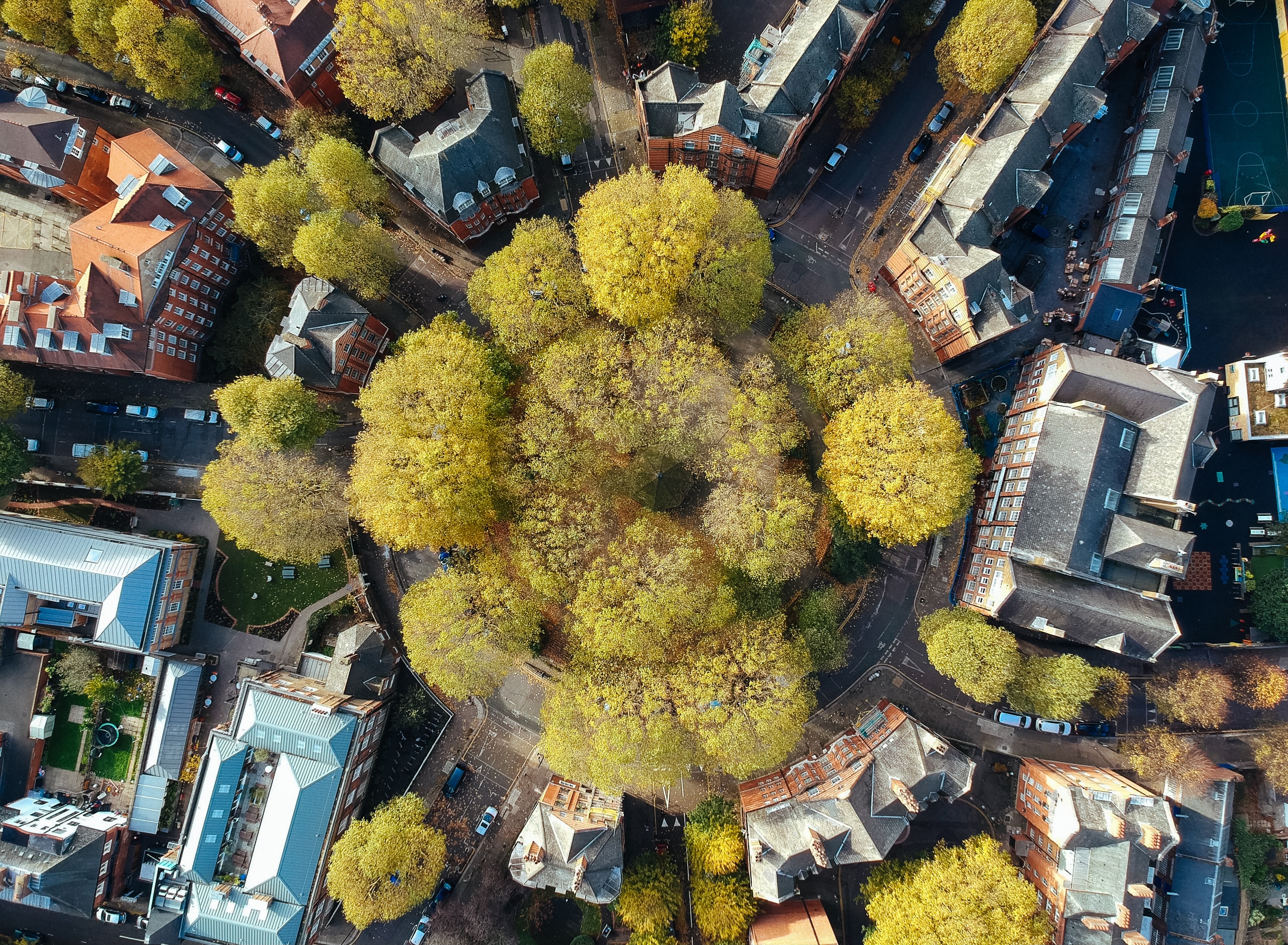
Clearing the Air
The Facts on the Costs and Benefits of the Regional Greenhouse Gas Initiative (RGGI)
In recent months, there has been a slew of misinformation about the Regional Greenhouse Gas Initiative’s (RGGI) economic and environmental costs and benefits. With this document, we cut through the spin and and present the true facts about this important program.
Downloads
Matt Elliott, Environment New Jersey
In recent months, there has been a slew of misinformation about the Regional Greenhouse Gas Initiative’s (RGGI) economic and environmental costs and benefits. With this document, we cut through the spin and and present the true facts about this important program.
In 2009, New Jersey formally began participation in RGGI, together with 9 other Northeast states. The program was designed to cap power plant pollution of carbon dioxide (CO2), make polluters pay for fouling the air, and invest those payments in clean energy programs that further cut pollution and grow the economy.
RGGI benefits the economy
According to a recent, independent study conducted by the Analysis Group, RGGI has been a net-positive for the economy in every participating state. This puts to rest, once and for all, arguments that we should leave the program out of economic concerns. Just the opposite is true.
The group studied the program after 3 years in operation – looking solely at the economic impacts (environmental, public health, and other benefits were not factored it). The study concluded:
• RGGI has added $151 million in value to New Jersey’s economy.
• RGGI has supported 1,772 local jobs in New Jersey.
RGGI saves consumers money
Contrary to assertions that RGGI will increase utility bills, the same analysis found that RGGI reduced the average utility bill for all ratepayers in New Jersey and across the region. Because RGGI funds are invested in state-level clean energy and energy efficiency programs, the program delivered real utility bill savings for every electric customer in the state over the 3-year study period, including residential, commercial, and industrial customers. These savings will grow if the program continues to operate in a similar manner. (OVER)
• Residential customers have realized a $25 savings in electric costs.
• Commercial customers have realized $181 in savings.
• Industrial customers have realized $2,493 in savings.
RGGI benefits the environment
RGGI represents New Jersey’s only tool to directly control CO2 emissions from power plants. Without this tool, polluters would be allowed to pollute without any economic repercussions that reflect the significant environmental and public health impacts of CO2.
As a double bang for the buck, RGGI brings revenue to New Jersey that can then be spent on additional pollution-saving programs. As a result of this new revenue stream:
• RGGI has helped 12 major New Jersey businesses and institutions install state of the art clean energy projects, including solar arrays and new energy-saving, efficient equipment.
• RGGI-funded clean energy projects now produce enough clean energy to offset the energy demand of 20,000 New Jersey homes each year.
• Pollution is down across the state, with 84,000 tons of CO¬2 now being avoided each year.
RGGI is a bi-partisan effort
This program should never be used as a partisan political football. RGGI is modeled on successful market-based smog-cutting efforts developed by Republicans and later supported by Democrats. In the Northeast, RGGI was spearheaded by former NY Governor Pataki (R), and developed though close collaboration between Republican and Democratic administrations.
Former Democratic New Jersey governors worked with other state leaders to help develop the program, and former Republican Governor Tom Kean, Sr. has said that it would be a “shame” if we lost this important tool to curb air pollution and tackle climate change.
Room for improvement
In establishing RGGI, all 10 states formally agreed to get the program up and running, and reconvene in 3 years analyze it and agree on ways to further strengthen the program. That process is currently underway. Rather than end participation in RGGI, and lose one of our only tools to curb CO2 air pollution, New Jersey’s leaders should ensure we stay in this already-successful program and work with neighboring states to make it even more effective.
Topics
Find Out More


Recording of Road to 100% Renewable Energy with Dr. Mark Jacobson

The Biden administration has released $1 billion in funding for urban trees. Here’s why that matters.

